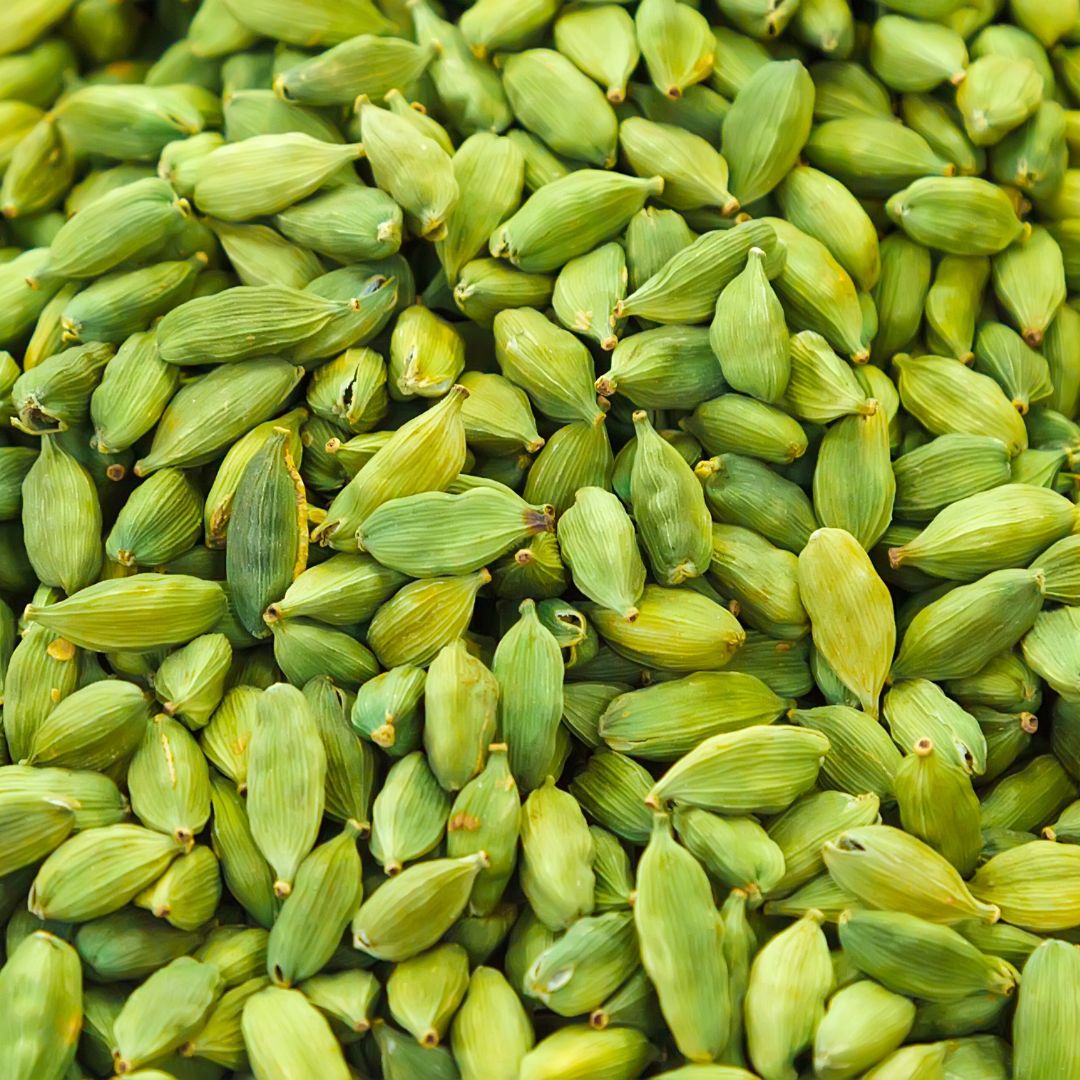
Is Cardamom Safe During Pregnancy? Unraveling the Facts
Share

Navigating nutrition during pregnancy can feel like walking through a minefield. What’s safe? What isn’t? Among the many questions, one that often pops up is whether cardamom is safe to use during pregnancy. Known for its intense flavor and numerous health benefits, cardamom is a common spice in many pantries. But how does it fare for expectant mothers and even in baby food? Let’s dive into a friendly exploration of cardamom’s use during pregnancy, its nature, and how to incorporate it safely into your diet.
Cardamom During Pregnancy: Safe or Not?

What Research Says
Current research suggests that moderate consumption of cardamom during pregnancy is generally safe and can even offer some health benefits. Cardamom is rich in essential minerals and antioxidants, which are vital during pregnancy for both maternal health and fetal development. However, like anything during pregnancy, moderation is key.
Benefits of Cardamom for Pregnant Women
Cardamom is known for its digestive benefits, which can be particularly helpful during pregnancy—a time when many women experience nausea and indigestion. Its mild but effective anti-inflammatory properties can help alleviate bloating and discomfort, making meals more enjoyable and nutritious.
Is Cardamom Hot or Cold in Nature?

In traditional medicine, such as Ayurveda, cardamom is considered to be a "cooling" spice. Unlike other spices that may increase heat or acidity in the body, cardamom is known for its cooling effects. It can soothe acidity and reduce heat, which is particularly beneficial during pregnancy when many women often feel warmer and more prone to digestive issues.
Unique Ways to Use Cardamom in Pregnancy and Baby Food
If you're considering adding cardamom to your diet during pregnancy or into baby food (once appropriate for your child’s diet), here are some safe and delicious ways to do so:
In Pregnancy

Cardamom-Infused Water: Start your day with a refreshing hint of cardamom in your water. Just crush a small pod and let it steep in a glass of water overnight.
Smoothies: Add a pinch of cardamom powder to your fruit or vegetable smoothies to enhance flavor and aid digestion.
In Baby Food (Consult Your Pediatrician First)

Once your baby is ready for solid foods and with your pediatrician’s approval, cardamom can be introduced in very small amounts. It can add a new dimension of flavor to purees and is generally well-received by babies due to its sweet and pleasant aroma.
Carrot and Cardamom Puree: Steam carrots until tender, blend them into a smooth puree, and add a tiny pinch of cardamom powder before serving. This can introduce your baby to new flavors gently and safely.
Conclusion

For expecting mothers, cardamom can be a safe and beneficial addition to your diet if used in moderation. Its cooling properties and digestive benefits make it an excellent spice during pregnancy. As always, it’s important to consult with your healthcare provider before making any significant changes to your diet during pregnancy.

When it comes to introducing cardamom or any new food to your baby’s diet, always proceed with caution and consult your pediatrician. Interested in exploring high-quality, pure cardamom for your culinary adventures? Visit Gourmet Health Impressions for the best selection of spices that are safe and healthy for the entire family.
